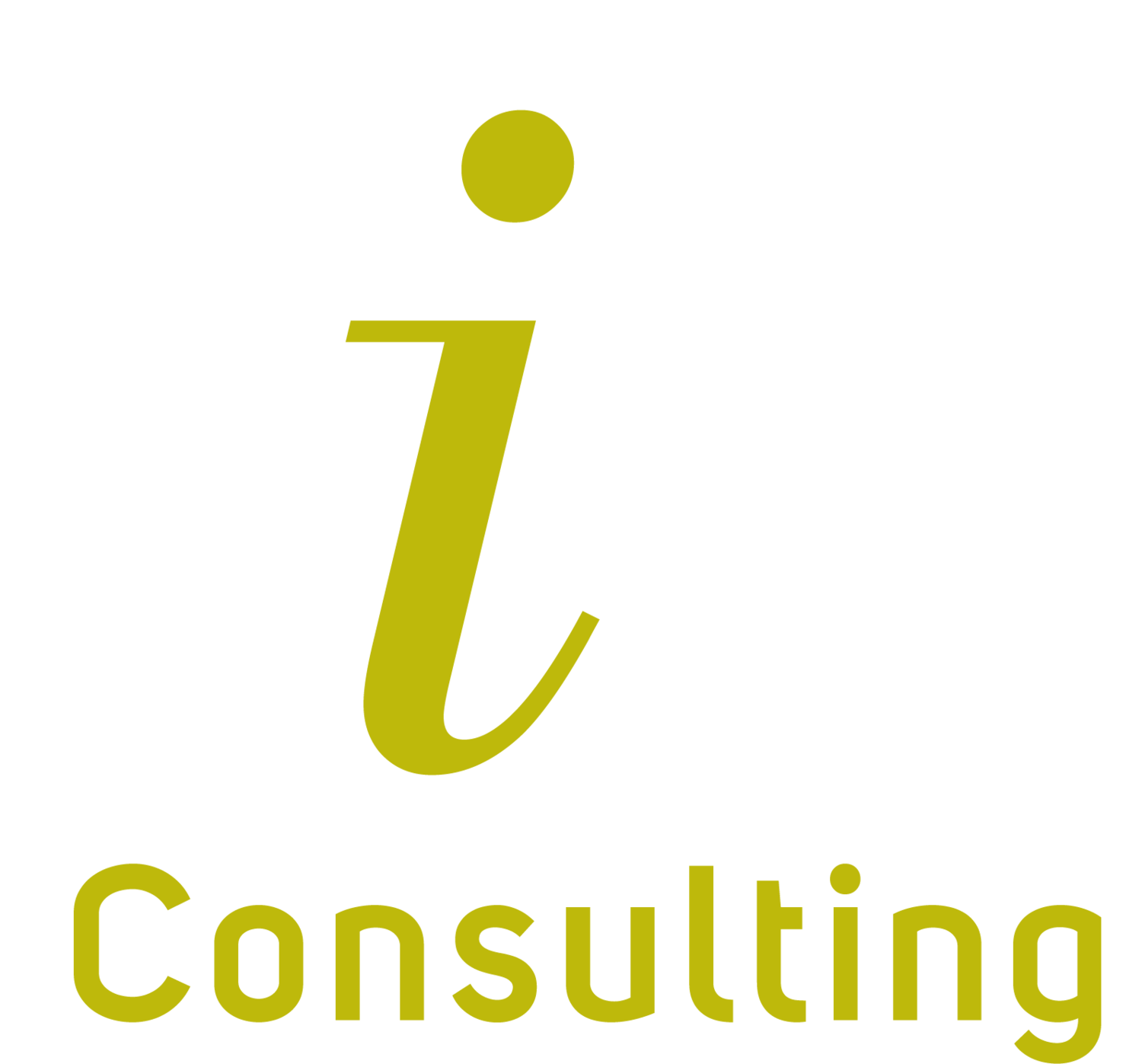Top 10 Tips for Starting Your Internship, Apprenticeship or Graduate Scheme
Are you someone who is either about to start, or has already commenced, an internship, apprenticeship, or graduate scheme? Firstly, I’d like to congratulate you on securing one of these programs!
Starting a new job after school, college or university can be quite daunting, and often, we do not know what to anticipate.
My name is Kelly, and I am currently working at Tilt Consulting. I was once an intern and joined a graduate scheme during the COVID-19 pandemic with a railway infrastructure supplier in the UK. Starting my career during the pandemic was tough as it presented unique challenges and uncertainties, including adapting to remote working and limited networking opportunities, among other things. However, I believe that students, graduates, and entry-level talents who worked through the pandemic have shown remarkable resilience and adaptability, along with the ability to thrive in uncertain circumstances.
I have 10 top tips to share with you based on my experience working with diverse teams across various disciplines, aiming to help you kickstart your career journey.
1 - Have An Open Mindset
Be open and welcome new ideas from a diverse perspective. Embrace change as an opportunity, release preconceptions and engaging in active listening to expand your understanding allow innovative solutions to emerge from diverse points of view.
2 - Be Proactive
Be proactive and initiate mini-projects, seek responsibilities, and show a proactive attitude to demonstrate your value and drive for growth. Take the lead in finding ways to contribute to different areas. It is good to try different things, wear lots of different hats and get involved with different areas of the business.
3 - Time Management
Master time management by prioritising tasks and setting realistic deadlines. Use tools such as Microsoft Planner, Trello, Notion, and calendars to stay organised. Do not be afraid to ask your line manager to help you prioritise as well.
4 - Communication
Improve your communication by actively listening and articulating thoughts clearly. Adapt your style to different audiences, fostering effective collaboration and understanding. If you are still working in a hybrid setting, I recommend keeping your camera on during video conference calls, as facial expressions can help avoid being misinterpreted. Additionally, it adds a personal touch to be able to see each other's faces!
5 - Learn From Feedback
Embrace feedback as a growth opportunity, using constructive criticism to refine skills and approaches. Seek input proactively, showing a commitment to continuous improvement in your journey. Do not forget to reflect on that feedback - ask yourself what went well, what went not so well, and what you would do differently next time.
6 - Seek Guidance and Mentorship - Find a Mentor
Identifying and connecting with a mentor can offer invaluable insights and support throughout your career. It is normal to feel lost as we are all on our own journey to figuring out what our future career looks like, and a mentor can guide you through this!
7 - Your Network Is Your Net Worth!
Building on your network is crucial when starting out in your career. Your network has a huge value in shaping opportunities and growth. LinkedIn is also a powerful tool, which connects you with peers and professionals within the industry and beyond. Consider using the “Three Sentence” approach when introducing to others: what is your name; what do you want to be known; and what do you want out of this conversation.
8 - Ask Questions - No Question Is A Silly Question
When entering a new industry, it can be overwhelming due to the steep learning curve involved in learning new terminologies and the sector. Therefore, always ask questions and strive to learn as much as possible.
9 - Continuous Professional Development (CPD) Plan
Maintain records of your personal development and achievements so that you can refer back to the skills and competencies you have gained throughout your experience. This is particularly valuable for identifying areas that may need improvement and for showcasing strengths using project examples, especially if you are working towards some form of professional registration or qualifications in areas such as,
Engineering – Engineering Technician, Incorporated Engineer or Chartered Engineer
Project Management
Human Resources
Health and Safety
Keeping detailed records of your personal growth and accomplishments allows you to revisit acquired skills and competencies in your career, and it might come in handy when you need to update your CV.
10 - Managing Your Own Expectation
I personally found this one the most challenging, managing my own expectations when things do not go right the first time. I have learnt that this is perfectly ok and normal! Understand that things may not always go as planned. Be open to adapting and adjusting your expectations as circumstances change. Recognise that progress and success take time. Instead of dwelling on what went wrong, focus on what you've learned and how you can improve in the future!
Each person’s career journey is unique! A career success is a journey that involves continuous effort, learning, and growth. Stay motivated, adaptable, and always be willing to improve and learn new things!
If you are currently reading this whilst job hunting – that is perfectly ok too! Do not give up and keep actively pursuing opportunities. I wish you the best in securing a job soon!
Good luck,
Kelly
